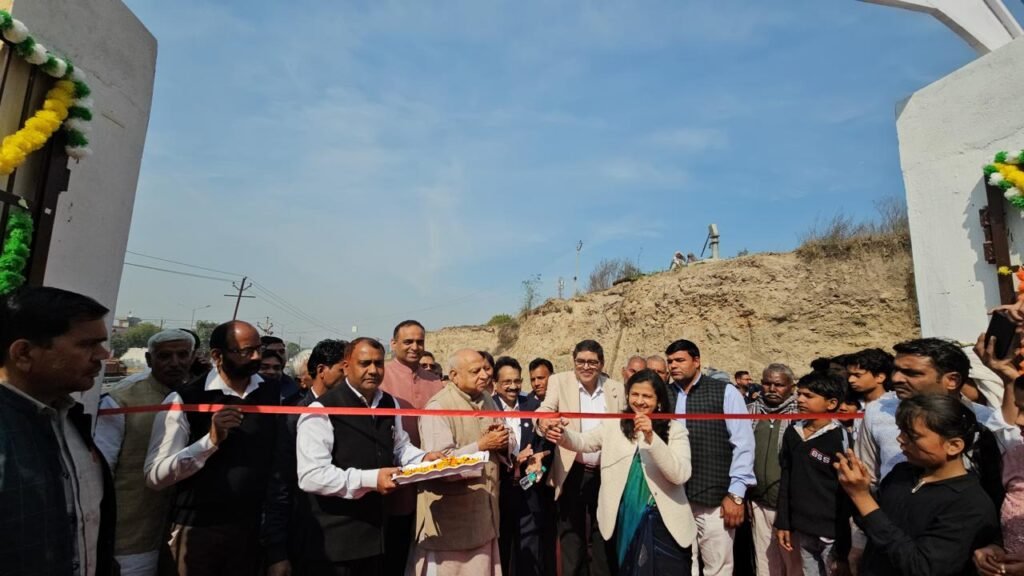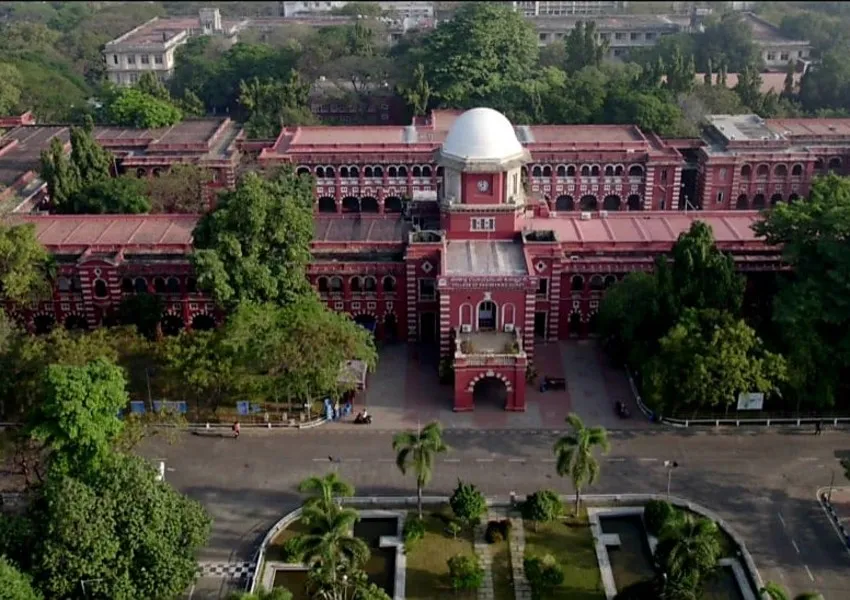The National Medical Commission (NMC) has urged the states and UTs to do away with the seat-leaving bond policy in medical colleges to create a supportive environment for students and help address their mental health concerns.
Instead of imposing a heavy seat-leaving bond, the NMC’s Anti-Ragging Committee recommended that states may consider debarring students who wish to leave their seat from admission in their state for the next one year.
In a letter addressed to the Principal Secretary, Health and Medical Education of all states and UTs, President of the Under Graduate Medical Education Board of the NMC, Dr Aruna V Vanikar said the Commission has received grievances about the “alarming levels of stress, anxiety, and depression” faced by medical students, especially PG students across various institutions.
These mental health challenges are primarily due to the inability of the individual to acclimatise with a different environment prevailing within their new colleges/institutions as compared to the one in which they had grown up or completed undergraduate education, Dr Vanikar said.
The concept of seat leaving bond, a common practice for medical students especially PG students, was started to secure commitment, discourage abrupt resignations, and address the issue of seat blocking and wastage of medical seats.
“A noteworthy impediment hindering affected students from seeking relief is the imposition of a hefty seat-leaving bond. Such exorbitant amounts not only exacerbate the financial strain on students but also act as a deterrent for seeking necessary mental health support from the family,” Dr Vanikar said in the letter on January 19.
However, in the last 10 years medical seats, including PG seats, have increased substantially and even remain vacant.
“Therefore, the issue of seats being going waste is not of much significance in view of the increased number of medical seats. Another issue of seat blocking is valid till the counselling is going on and after the session has started and the last date of admission is over the negative effect of lower merit candidate being benefitted by leaving of the seat does not arise,” Dr Vanikar stated.
She also highlighted some case studies which she said underscores the challenges faced by students, particularly in terms of mental health issues and payment of seat-leaving bonds.
While some parents can support their wards by bearing financial constraints, the unlucky ones “may commit suicide in such mental health condition,” she said.
A supportive and stress-free work environment for resident doctors translates directly into improved healthcare outcomes, re-enforcing the symbiotic relationship between the well-being of medical professionals and the quality of patient care, it stated.
Considering the gravity of the situation, the NMC’s Anti-Ragging Committee in its meeting held on January 9 decided to take action to address this pressing issue.
The committee has recommended that state and UT governments should review the seat leaving policy in medical colleges/institutions and do away with the same, Dr Vanikar stated.



